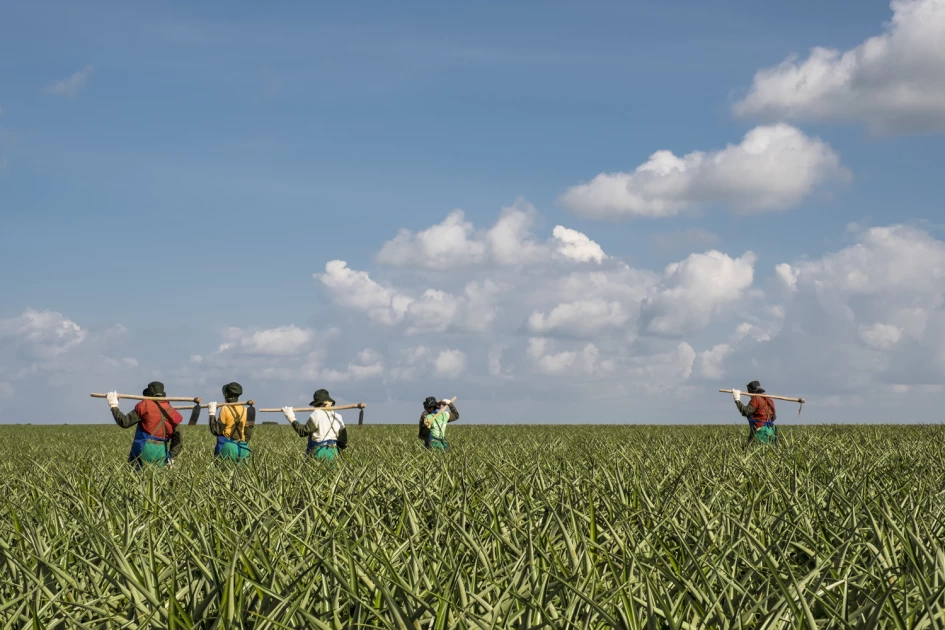OPINION: Contract Farming. A pathway to Africa's Green Revolution?


Audio By Vocalize
From September 4-5th this year, decision-makers from across Africa's agricultural value chains will convene in Nairobi for the International Conference on Contract Farming (ICCF 2024).
This inaugural forum puts a spotlight on contract farming arrangements as a potential catalyst for revitalizing the continent's agricultural productivity and economic fortunes.
Contract farming is a growing global phenomenon where farmers commit their future crop harvests to agribusiness firms, exporters or food processors in exchange for upfront provision of inputs, technical assistance and assured markets.
With formalized legal contracts that specify quality standards, prices and procurement volumes, these models aim to align incentives between both parties for mutual benefit.
From this point of view, contract farming can be a game-changing solution for transforming subsistence farming in Africa into a lucrative economic engine.
By connecting smallholders to structured supply chains, the model gives farmers access to affordable financing, modern agronomic training, and guaranteed buyers at fair prices. This could unlock economic progress across rural communities while boosting agricultural output to improve food security.
Critics, however, raise concerns about power imbalances in contract negotiations that could leave smallholder farmers vulnerable to exploitation by larger corporate players. Poorly structured agreements risk indebting farmers through unfair pricing or input costs.
Environmental degradation from excessive fertilizer and pesticide use is another hazard. Contract disputes and uncertainty around consistent enforcement present further challenges.
Clearly, contract farming models are not a simple panacea, but a nuanced approach rife with opportunities and pitfalls depending on how they are structured and implemented responsibly.
As African nations grapple with urgent imperatives to increase agricultural productivity and rural incomes amid climate change, the need for innovative solutions is paramount.
With 45% of the world's arable uncultivated land, Africa ironically remains a continent beleaguered by hunger and malnutrition. Low farm yields, lack of financing, inadequate infrastructure and limited access to modern farming techniques perpetuate this unacceptable paradox.
As global population growth and shifting dietary patterns are expected to double food demand by 2050, bold interventions are critical for catalyzing an African agricultural revolution.
Could contract farming models provide the right framework for inclusive agricultural transformation across Africa? As stakeholder discussions commence at ICCF 2024, all perspectives need to be carefully examined.
Farmer advocacy groups rightly insist any arrangements must enshrine protections against exploitation through transparent pricing formulas, robust quality assurance systems and fair contract enforcement mechanisms. Environmental sustainability standards should be mandatory givens.
Simultaneously, policymakers must recognize the immense economic potential of formalized supply chains in unlocking agricultural growth. Public-private partnerships and conducive policy environments can incentivize more responsible farming contracts between agribusinesses and smallholder cooperatives. Secure land tenure rights and financial de-risking tools like crop insurance would further de-risk contract adoption.
With open and balanced dialogue, Africa can pragmatically tap into the opportunities of contract farming models while mitigating the risks. If done right through scalable and well-regulated approaches, these arrangements could finally unleash the continent's fertile agricultural potential in sustainably meeting rising food demand. ICCF 2024 provides a crucial platform for shaping this new frontier in African agriculture. The time for bold action is now.
Jackson Chacha is a communications expert at Anchorbay


Leave a Comment